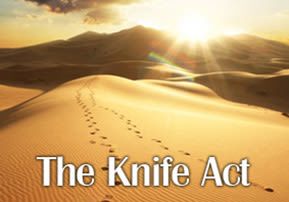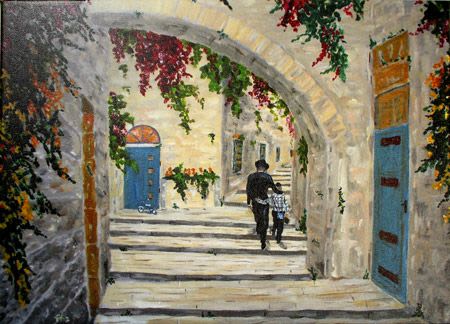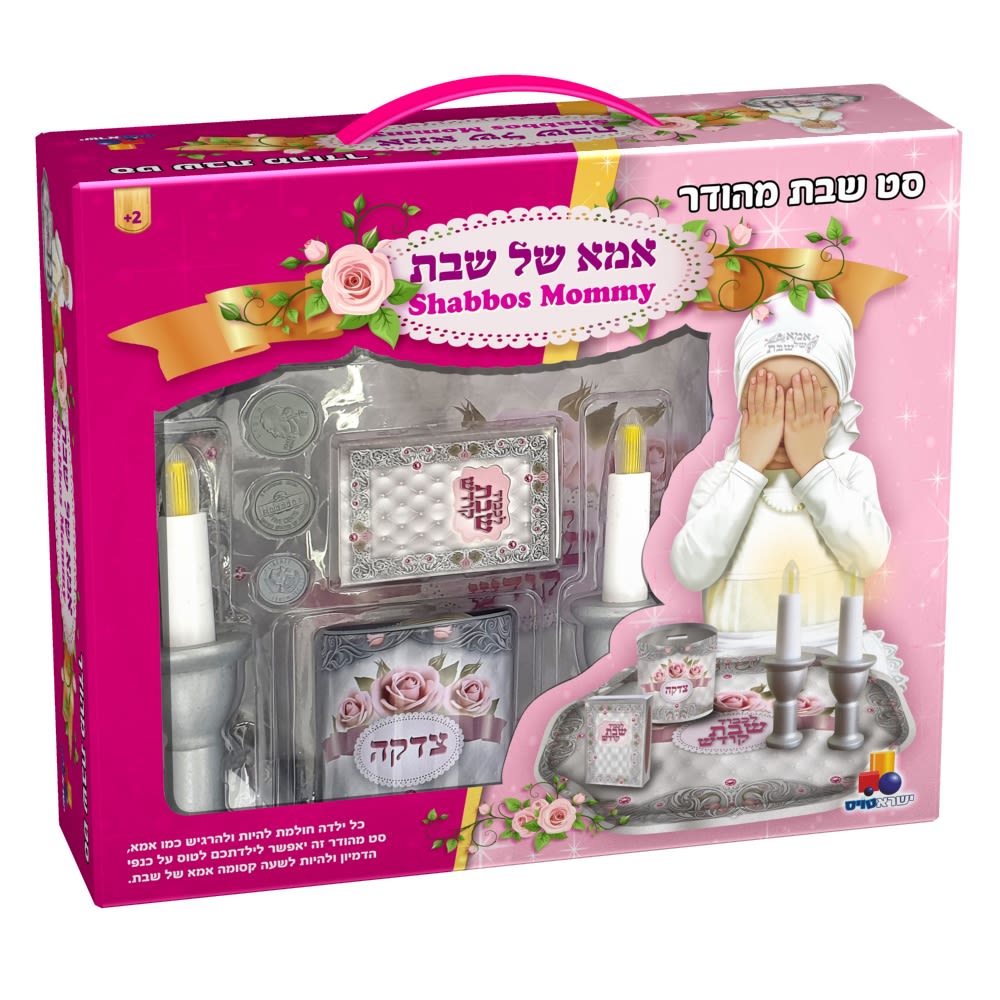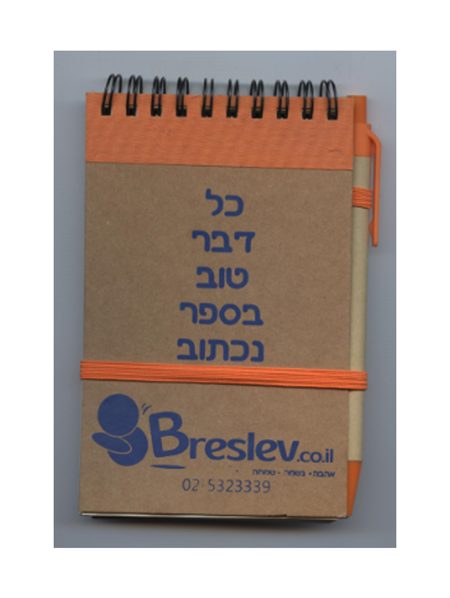
The Knife Act
She flattened her back against the wall. Opposite her stood a man, who threw a knife at her. The knife flew swift as lightning and stuck in the wall beside her…

translated by Esther Cameron
Part 1 of “GIRL OF THE SINAI DESERT”
Yehudit flattened her back against the wall. Opposite her stood a man, who threw a knife at her. The knife flew swift as lightning and stuck in the wall beside her. She did not move a muscle. Then he threw another knife and another… until the board around her was stuck full of knives outlining her body. That was her entrance examination for the circus.
How does a crack army officer become the girl in a circus knife act? Before joining the circus, she had piled up honors in the IDF. After enlisting as a private, she had taken a course and become a non-commissioned officer. Then she had taken another course and become a commissioned officer. She had distinguished herself by giving a course on marksmanship and and supervising guard duty in Ramallah.
After finishing her army service, she found herself on the outskirts of Tel Aviv. As one who had grown up in Beersheba on the edge of the desert, she was enchanted with the great city, the city of unlimited possibilities, the city of freedom.
She had always loved to reach for more and more. She had been a hiker, and her wanderings had taken her as far as the Sinai desert. The little desert of the Negev was not enough for her. She loved the combination of the mountainous landscape and the sea. Infinity of desert, infinity of water. While wandering in the Sinai desert, she sensed the powers of nature. Recalling the Tanakh lessons she had loved, she tried to imagine in a childish way how the people of Israel wandered through the desert and received the Torah at the foot of Mount Sinai. She felt a tremendous power, and at the same time, her own smallness and insignificance. She bore with these contradictions by expressing them in poems and paintings.
On arriving in Tel Aviv, she started again from the very bottom as a dishwasher. Then she worked as a waitress. Her love of the sea led her to become a fisherman, a masculine profession by all accounts. And whoever keeps on reaching for more and more comes to the world of disguises — the theater. And then she had met a young man who had grown up with gypsies in Europe and had gotten the crazy idea of starting a circus in the holy land.
Knives and dangers fascinated her. She felt an urge to take risks, she loved to walk a tightrope, to walk on the edge of life. After being accepted into the circus, she continued to stand motionless while knives flew toward her. She also worked the tamed animals, including that archetypal dangerous animal, the snake. Even that was not enough for her, and she appeared in acrobatic performances, which included the salto mortale and other leaps.
One day she was wounded by a knife. Man does not really recognize danger until he is wounded. Until then, everything had seemed like a dream to her. Yehudit stopped being the girl in the knife act, but she did not yet leave the circus. She needed to live everything to the fullest. She arrived at the height of the circus — the wall of death. Above the round arena the people craned their necks to see her race around the wooden wall on a deafening motorcycle, until she finally left the circus altogether.
Still in the kingdom of Tel Aviv, Yehudit turned to studying street theater in a workshop given by the city. She got into a method of acting that combined acrobatics and pantomime. The deeper she went in this kind of acting, the more she began to develop a spiritual way of thinking. A way of looking on life from the sidelines.
In the very depths of matter, she began to glimpse the spirit. In Tel Aviv, of all places, a search for the spirit began to bubble up like lava from her inner depths. It is just where matter is densest that its nothingness is revealed. And then it is time to start looking for the soul. In the midst of the artistic life she had gotten into, she heard the echo of “eat and drink, for tomorrow you die.” Something burned within her and found no answer in anything Tel Aviv offered her.
She lived in an apartment with several women friends. One day a friend who had done teshuvah and become a Chabadnik telephoned and asked her if he could light Hanukkah candles at her apartment. She thought why not, and said that he could.
She tidied the apartment so that it would look normal, and invited a few friends. Her Chabadnik friend lit the Hanukkah candles and then left. The room was filled with a pleasant and simple light that was mysterious for the time being.
Not long afterward, she happened to read a book by Elizabeth Heich entitled Sanctification. The book is about reincarnation, which the author had experienced personally. Yehudit was fascinated. She remembered certain past fantasies that she was not on earth for the first time, and now she saw that there was a name for this: reincarnation.
Now she entered the tunnel of time. She sought for further reading matter, and soon understood that the true answers are found in the Far East. She grasped that all the doctrines of the East were based on what she was feeling now: the revulsion from matter. She knew that she had to lift herself up above matter and join herself to pure spirit. The equation was perfectly simple: matter was bad and Western, spirit was good and Eastern. She now saved every penny in order to travel to the East, to the truth of the world. How much longer could she endure the falsity, how long could she go on playing, submitting to the game of life?
The first stop on her journey was Nepal, an utterly enchanted place with a range of spiritual options. Yehudit settled on Tibetan meditation, in which they talked about the fact that everything is Providence, everything is destined, and everything is one. She learned all kinds of practices, including control of breathing, sitting, and meditation. Everything pleased her. After a time, she asked her spiritual director:
If everything is Providence, who is directing it? What does he want from me?
The director’s face darkened: “No further! I want to help you to be a better person, but do not ask who or what, because there is no answer to that question, and it is not our task to concern ourselves with it.”
Immediately, she understood that this was not the right way. Of course it was wonderful to be a better person, but what about Providence and personal destiny? And why had she been born Jewish?
To be continued.











Tell us what you think!
Thank you for your comment!
It will be published after approval by the Editor.